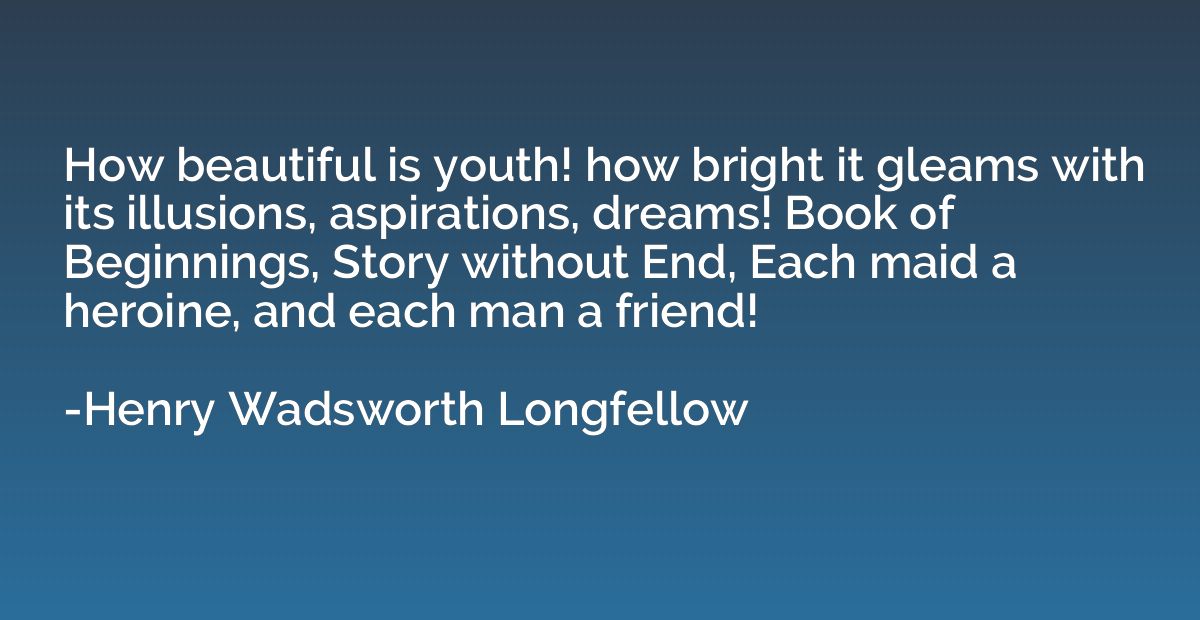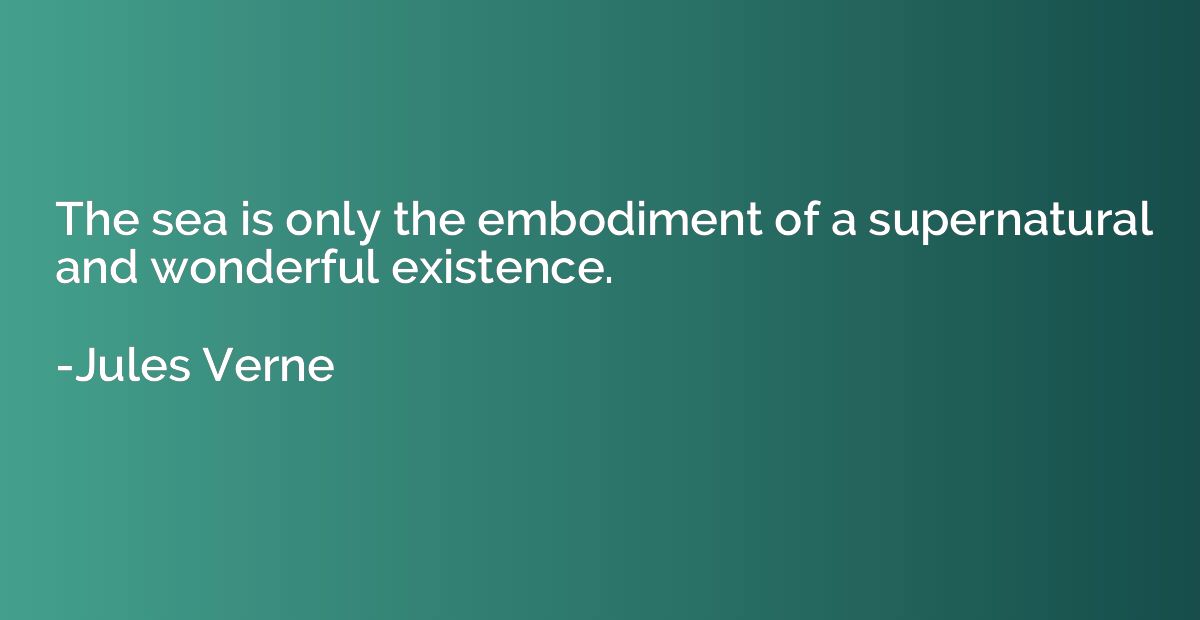Quote by Dean Acheson, interview with The
You see, you all start with the premise that democracy is some good. I don't think it's worth a damn. I think Churchill is right, the only thing to be said for democracy is that there is nothing else that's any better, and therefore he used to say, Tyranny tempered by assassination, but lots of assassination. People say, If the Congress were more representative of the people it would be better. I say the Congress is too damn representative. It's just as stupid as the people are; just as uneducated, just as dumb, just as selfish. You know the Congress is a perfect example, and created to be a perfect example.http://www.trumanlibrary.org/oralhist/acheson.htm

Summary
This quote reflects a criticism of democracy by the speaker. They argue that democracy is not inherently beneficial and question its value. The speaker shares their agreement with Churchill's perspective that democracy may not be perfect but is the best form of governance available. They express a pessimistic view of democracy, criticizing the representative nature of Congress as being ineffective due to the perceived collective shortcomings of the population. The use of assassination as a sarcastic commentary highlights the speaker's cynicism towards democratic systems and their skepticism towards the capabilities of those in power.














